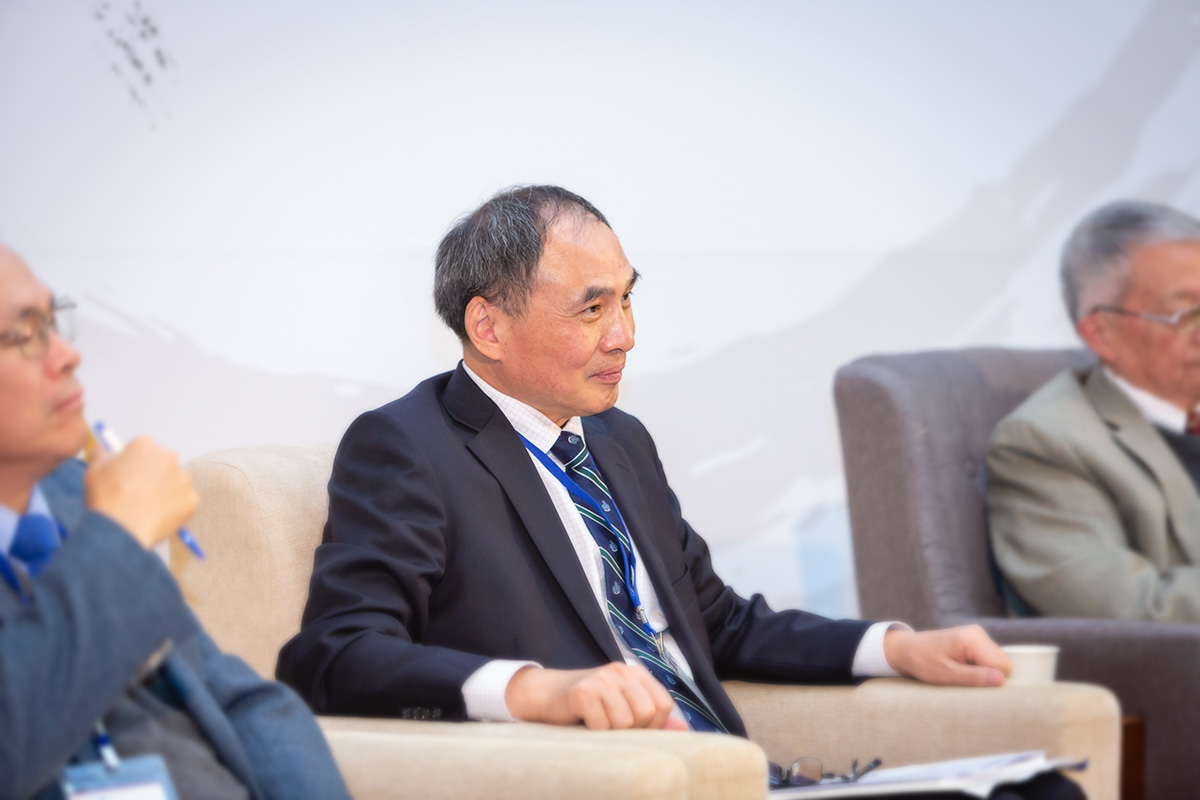
Panelist
Dr. Yung-nien Zheng,
Chairperson, Academic Board of the Institute of Public Policy, South China University of Technology; Director, The East Asian Institute at the National University of Singapore
Behind every index there is a story, and I like to talk about the WDSI from the aspect of the story. The United Nations' (UN) Sustainable Development Goals Index (SDGI) is a story that spans periods of western culture. It differs from other index systems in its mission to involve non-western nations, taking into account the circumstances of those nations. But the values behind the SDGI is still western. I highly subscribe to Dr. King's view that western indices harbor western cultural values, including its political discourse. For example, Freedom House's reports on human rights and democracy and the happiness reports discussed in recent years tell a story of western values. Regardless, the cultural story is fundamental to each index.
What is Wang Dao? First, Wang Dao thought and Confucian are closely intertwined. But Chinese culture isn't all about Confucianism, it's rather broader than that. For example in environmental management, we have Taoist philosophies of "balance", and in governance, we have Legalist philosophies on politics and economics. Both remain relevant to this day. In premodern times, the East and the West shared views that politics and economics are connected. But with the rise of capitalism in the West, economics has become separated from politics, to the point where politics hold no sway over economics, leading to problems we see today. In contrast, Chinese Taoist and Legalist philosophies consider economic development to be the government's jurisdiction, an attitude that has persisted, and has become a good tradition.
Overall, the continued existence of Wang Dao across thousands of years in China is due to its coexistence with other "Daos" (philosophies). Without other schools of thought, Wang Dao would be a single, abstract strand, idealistic and dissociated from society. So Confucian thought can't be said to be the sole representation of Chinese culture. In east Asian society, Confucian thought can only paint a partial picture of Chinese culture.
Second, we developed an index founded on "Chinese culture", out of dissatisfaction with "western culture" regarded as the "global culture". It is a good intent, but we must not end up in the same predicament. If we are merely imposing Chinese culture onto the world, others will feel similarly left out. I think every culture, such as Chinese, Western, Indian, or others, are aiming for their own "Wang Dao" (kingly way), only difference being their expression and representation. The Greeks discussed matters of society at length, with Aristotle debating on good forms of government, as did the Indians, each raising the same questions under their own terms.
Based on this experience, the search for Wang Dao is universal, differences being our conception of it. When introducing the WDSI, we must be inclusive in our dialog with other cultures and not become too self-centered.
Third, we must consider the dynamic narrative process of this index. An index usually portrays the status quo, and less so the entire historic cycle. For example, it is difficult to tackle the relationship between "Wang Dao" and "hegemony". First, using western indices to evaluate developing countries would yield unfair results. Furthermore, European countries started out in hegemonic ways, going through colonialism and imperialism before reaching an inclusive status resembling Wang Dao. So we need to adopt a dynamic view of progress, which differs for each country at every stage. If we cannot accurately describe this dynamic process, the story behind the indices will lack an accurate measure of relevance.